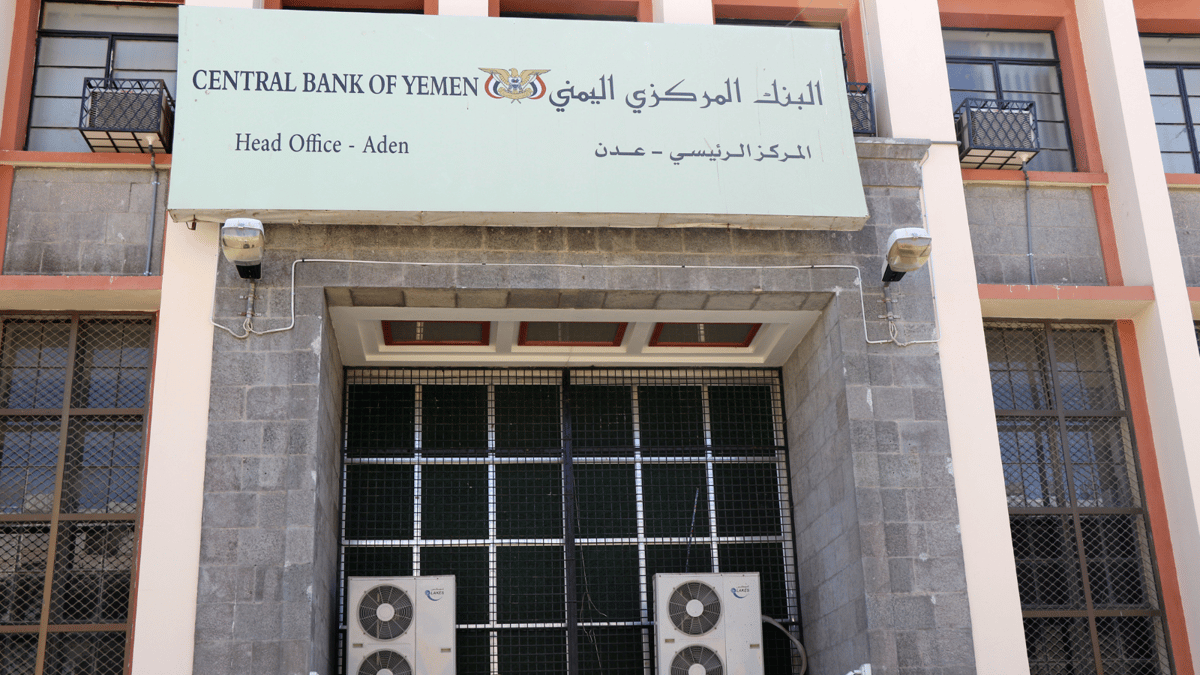Money laundering and fake accounts...the Houthis are wreaking corruption in the banking sector


Since its coup against legitimacy in Yemen, the Houthi militia has committed financial and banking violations, causing imbalances that threaten the entire national economy.
This led the internationally recognized Central Bank of Yemen to issue unprecedented decisions to strengthen its financial control, maintain minimum banking standards, and stop the threats posed by the militia to the national economy.
The bank took a series of legal measures late last week, the most important of which was setting a two-month deadline to withdraw the old currency used in Houthi-controlled areas.
Dealing with 6 of the largest Yemeni banks was also halted, after they failed to move their headquarters from Houthi-controlled areas and did not adhere to Houthi decisions, in addition to restricting the practice of external money transfer activity to banks and exchange companies licensed and approved by them.
The Governor of the Central Bank of Yemen, Ahmed Al-Maqbi, explained in a press conference last week the reasons for issuing these decisive decisions, to save the Yemeni banking sector from collapse, in light of the grave violations and abuses practiced by the Houthi coup militias.
Al-Maqiqi said, “The bank monitored and documented more than twenty violations committed by the militias against the Yemeni banking sector.”
These violations included preventing the circulation of new issues of the legal national currency, freezing and confiscating citizens’ accounts, and minting counterfeit currency and putting it into circulation.
It also included cutting the salaries that the government was paying, issuing the “usurious transactions” law to confiscate depositors’ money, and complicating the work environment of banks and financial and banking institutions.
The Houthis also worked to "restrict banking activities and impede the movement of cash between different regions within Yemen, in addition to carrying out repeated incursions to plunder and confiscate new editions of the new currency, and to plunder and confiscate travelers' money under the pretext of destroying the new edition of the currency and spending it in foreign currencies in the governorates." Edited.
Among the violations are also opening accounts for fictitious parties and entities to carry out suspicious financial operations, including money laundering, seizing financial institutions’ foreign exchange resources, destroying the market mechanism and rules, and obligating financial institutions to provide foreign exchange at a low price to their affiliated entities.
It also included fraudulently seizing amounts in the billions at the expense of people benefiting from foreign transfers, seizing control of bank branch departments and preventing them from submitting their data to their main centers.
According to Al-Maqbiqi, the Houthis, using an illegal issuance tool for financing with a resource not restricted by a ceiling, converted the foreign exchange resulting from citizens’ deposits in foreign currency into a local currency. This caused a deficit in banks' currency positions, in addition to forcing financial institutions to provide electronic payment services by issuing electronic money without supervision.
The violations also included controlling the Yemeni Banking Association and turning it into a spokesman to justify its control over the banks’ resources, and pressuring a number of private banks to appoint a number of people loyal to them in their administrative positions, as well as deepening mistrust in the banking sector, exacerbating the banks’ liquidity crisis, and affecting the stability of the currency exchange. National.